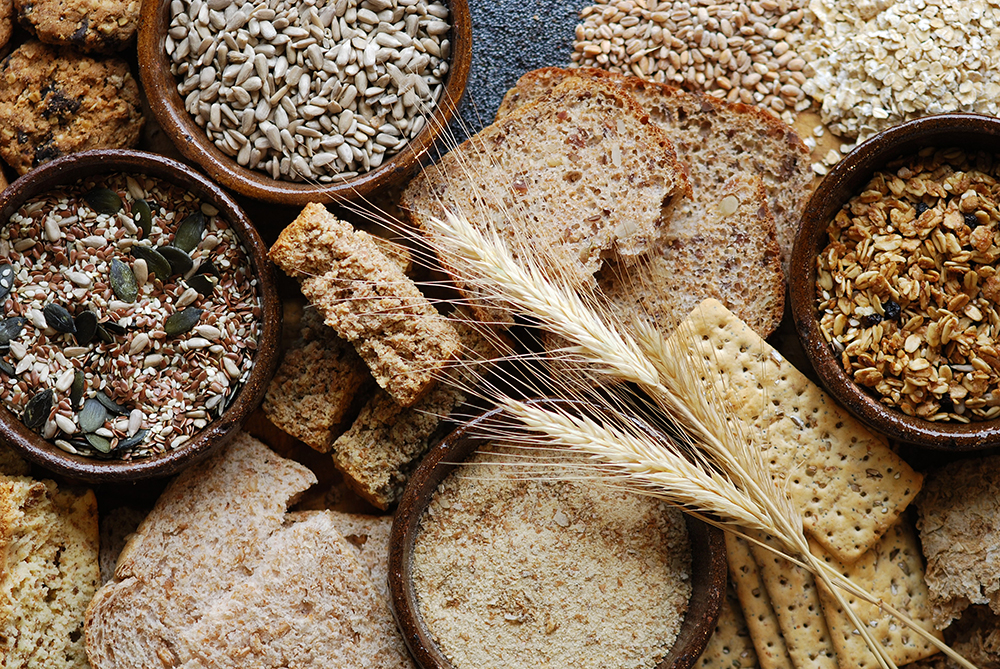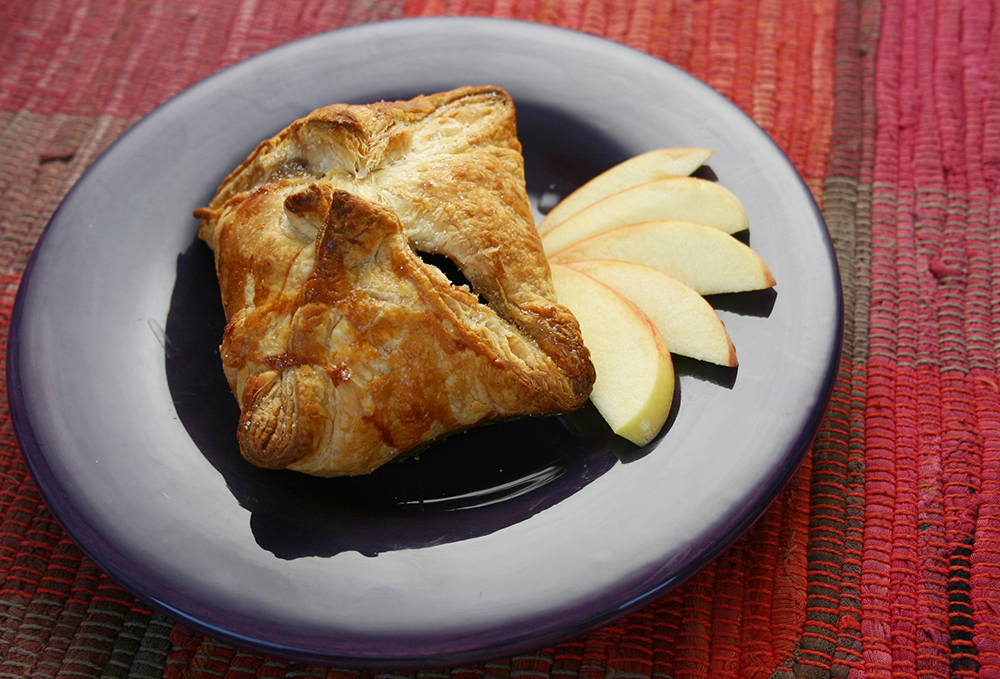The Many Benefits Dietary Fiber
Dietary fiber is believed by experts to be one of the most important foods to include in your daily diet. Dietary fiber is plant-based and found in many fruits, vegetables, beans, nuts and grains.
Why is dietary fiber so important?
Including dietary fiber in your diet is very important because it’s known to significantly lower your risk of many chronic conditions such as heart disease, stroke, high blood pressure, diabetes, obesity and more.
How does dietary fiber work?
Dietary fiber can't be digested by the human body so it passes through with little or no impact on your caloric intake. There are two types of dietary fibers: Soluble and insoluble.
- Soluble fiber retains water and turns into gel in the digestive tract. It is eliminated in your stool, and slows down the digestion and the absorption of nutrients in the stomach and intestines. Soluble fiber may lower your risk for heart disease and improve blood sugar levels. It's found in many foods such as oats, apples, nuts, and beans.
- Insoluble fiber adds bulk to your stool and helps to move the food quickly through the digestive system. It is found in wheat bran, beans, vegetables, and whole grains. Soluble fiber may reduce the risk of developing type 2 diabetes and helps with constipation.
How much dietary fiber do I need?
The amount of dietary fiber is different for men than for women because men usually need to take in more calories to maintain a healthy weight. It also depends on your age. The Institute of Health recommends the following daily intake of dietary fiber for men and women:
|
Age
|
Men
|
Women
|
|---|---|---|
|
50 years of age and younger
|
At least 38 grams daily
|
At least 25 grams daily
|
|
Over 50 years of age
|
At least 30 grams daily
|
At least 21 grams daily
|
To learn more about dietary fiber or how to increase fiber intake, visit the U.S. National Library of Medicine medlineplus.gov/dietaryfiber website.
Recipes
Last review date: February 26, 2019












